Tooth pain can make life miserable. You may immediately assume your tooth pain is due to a cavity, but in reality there are many other potential causes for your anguish, not all of which are even directly related to dental health. Here are five common causes of tooth pain, some of their potential symptoms, and how we can help make the pain go away.
1. Tooth Sensitivity
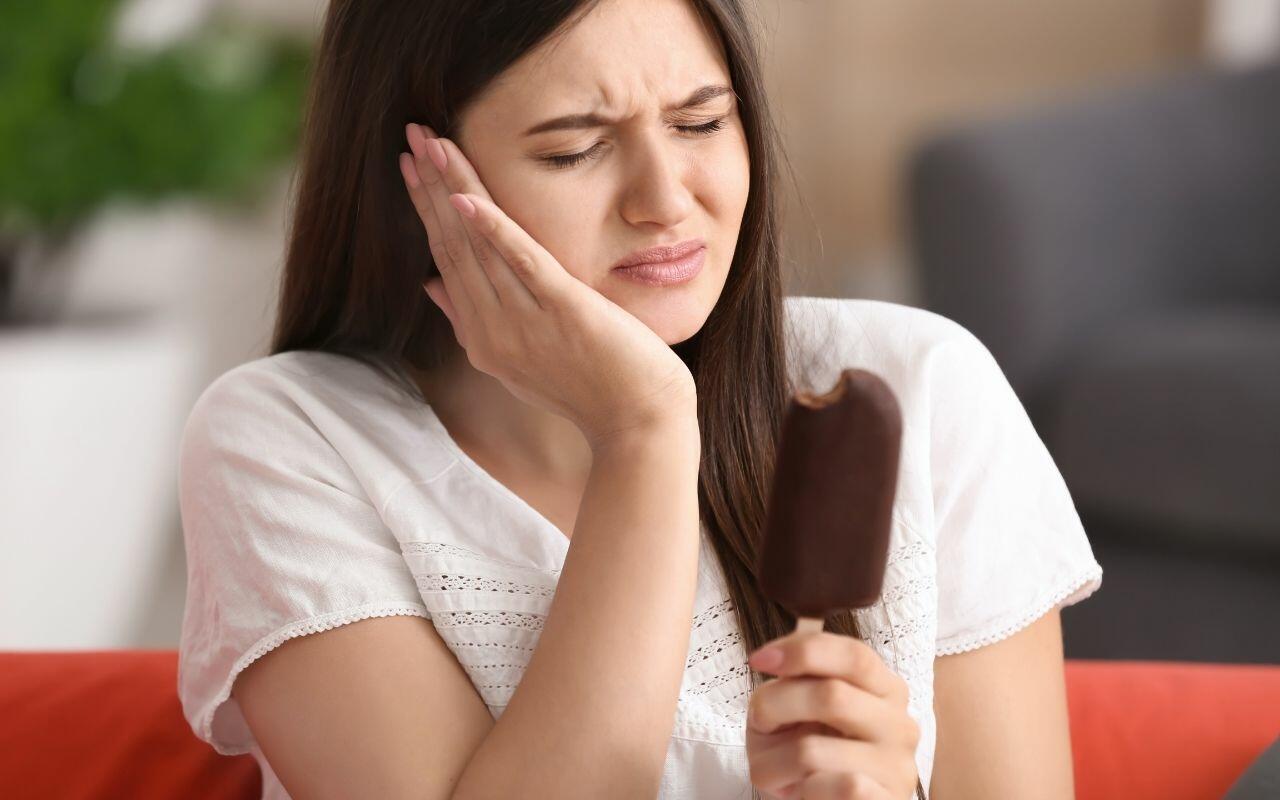
Causes
Common causes of tooth sensitivity include:
- Thinning or thinner tooth enamel, either naturally or due to wear and tear
- Tooth decay, broken teeth, chipped teeth, and worn-down fillings or crowns
- Temporary sensitivity caused by dental work, especially whitening
- Aggressive tooth brushing
- Hard-bristled toothbrushes
- Teeth grinding (bruxism)
- Consuming acidic drinks and beverages
- Gastroesophageal reflux disease (GERD)
- Gastroparesis
- Bulimia
- Receding gums
Tooth pain due to sensitivity can be temporary, it can come and go sporadically, or become chronic.
Symptoms
Tooth sensitivity, also known as “dentin hypersensitivity,” causes pain ranging from mild to severe. It can affect one tooth, multiple teeth, or your entire mouth. Typically you’ll be able to identify the stimulation that triggers the pain, including:
- Hot or cold foods and beverages
- Cold air on your teeth
- Foods and beverages that are sweet or acidic
- Brushing, flossing, or dental cleanings
- Mouthwashes containing alcohol
If you’re experiencing tooth pain due to sensitivity, come see us as soon as possible. Often we can make recommendations that provide quick relief.
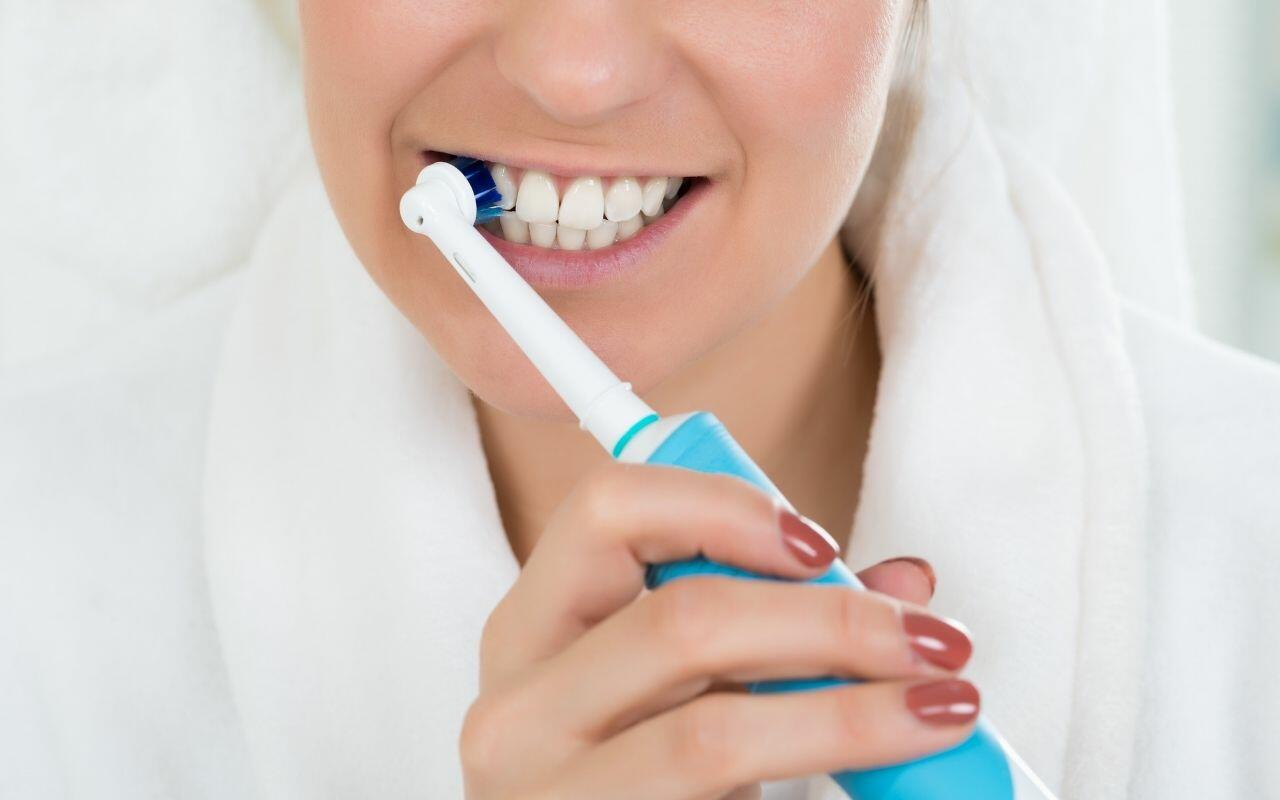
Treatment
We can determine the cause of your sensitivity and recommend effective treatments that might include:
- Restorations such as fillings
- Using an over-the-counter sensitivity toothpaste
- Switching to an alcohol-free mouthwash
- Halting use of over-the-counter whitening toothpastes and treatments
- Switching to a soft toothbrush or using an electric toothbrush with a pressure alarm
- Application of prescription-grade desensitizing agents
- Advice on proper oral hygiene habits to reduce sensitivity
- Customized mouthguards for teeth grinding
Sometimes, tooth sensitivity is caused by an underlying medical condition, in which case we will recommend you see your doctor for proper treatment to alleviate your symptoms.
2. Cracked Tooth
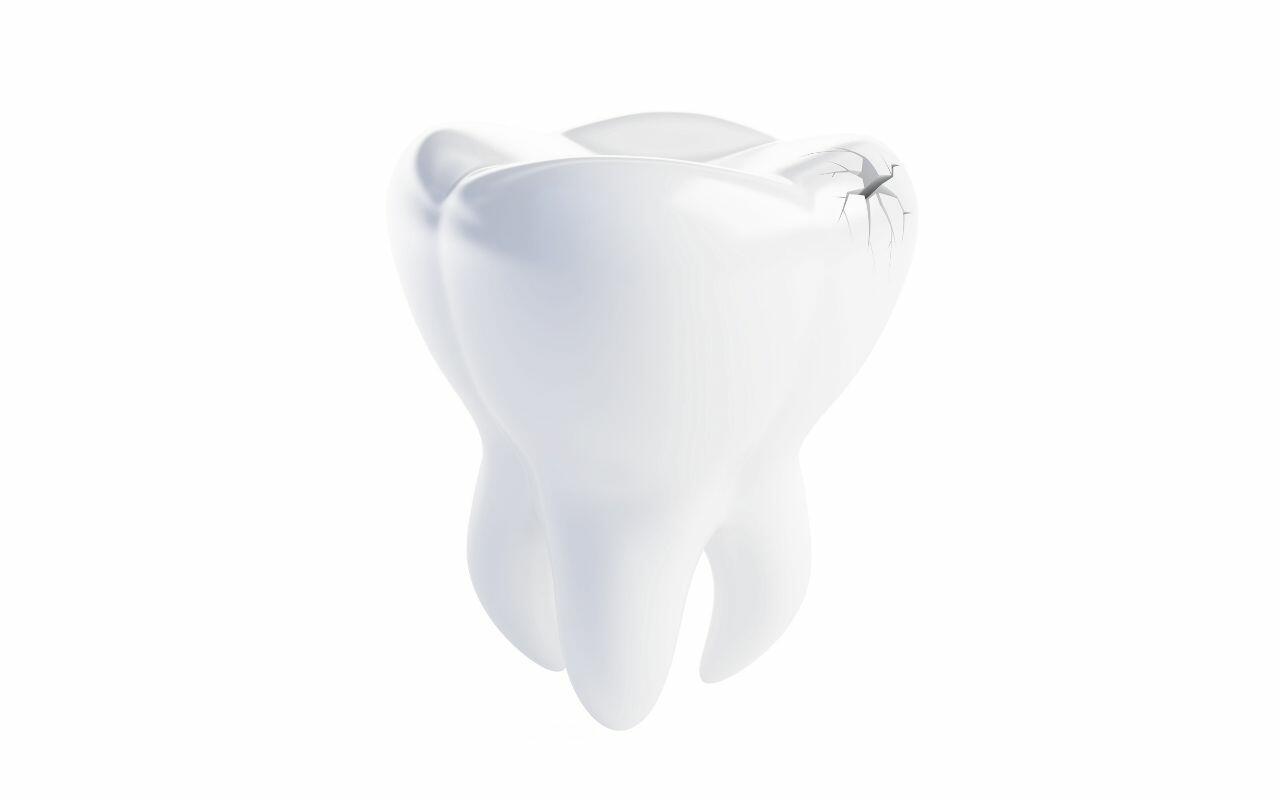
Causes
Tooth cracks or fractures can be caused by many things, including:
- Teeth grinding (bruxism)
- Weakened or deteriorating fillings
- Biting down on something hard
- A blow to the mouth
- Abrupt changes in temperature
- Wear and tear
Cracks and fractures can appear as lines, clearly missing chunks from your tooth, splits, or root fractures that extend below the gum line.
Symptoms
Common symptoms resulting from a cracked or fractured tooth would include:
- Pain when chewing
- Tooth sensitivity, especially to hot, cold, sweet, or acidic foods and drinks
- Pain that comes on suddenly but doesn’t continue
- Swelling and inflammation around the painful area
If you have any of these symptoms, give us a call and we can provide a diagnosis.
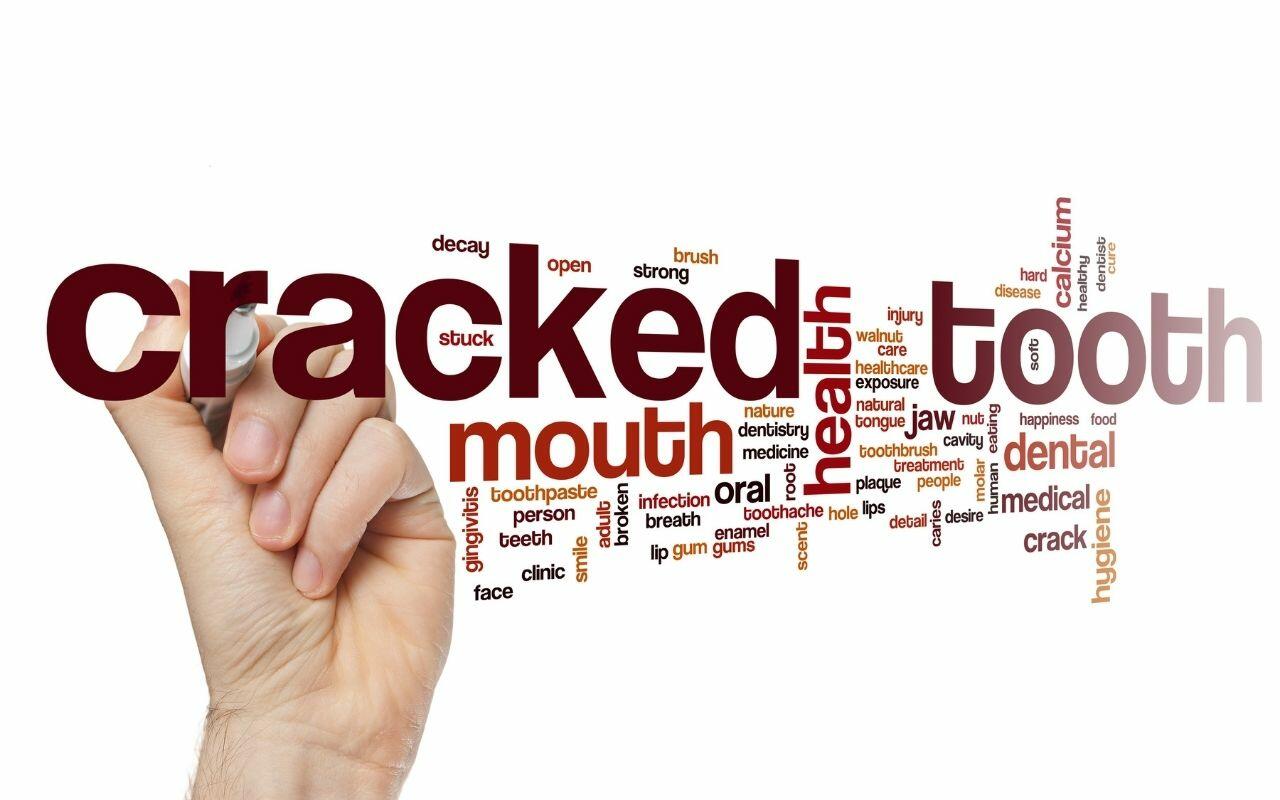
Treatment
We will assess your pain and let you know what treatment is required, including:
- Bonding
- Crown
- Root canal
In severe cases, where roots and nerves are affected, we might recommend extraction. There might also be cases where no treatment is required as the fracture is too small to address. However, in these cases, tooth pain is often infrequent and minimal.
3. Sinus Infections

Causes
Sometimes tooth pain is caused by sinus pressure. If you have a sinus infection, the pressure can lead to unbearable pain in your teeth and mouth. Seasonal allergies can also cause sinus pain that puts pressure on your teeth. This is because when the tissue lining in the sinuses becomes blocked by fluid, it places pressure on your sinus cavities. Since your tooth roots are so close to your sinus cavities, the pressure causes pain.
Symptoms
It can often be difficult to separate symptoms due to a sinus infection or allergy from issues that are strictly dental in nature. With dental issues, the pain is typically isolated in one area of your mouth, while pain from sinus issues tends to affect all your upper teeth. Symptoms from sinus infection would include the following:
- Pain in all your upper teeth
- Pressure around the eyes or forehead
- Bad-tasting nasal drip
- Thick, green, or brown mucus
- Ear pain
- Sore throat
- Reduced sense of taste and smell
In most cases, these symptoms overlap and can lead to pain not only in your teeth, but in your neck, face, and head.
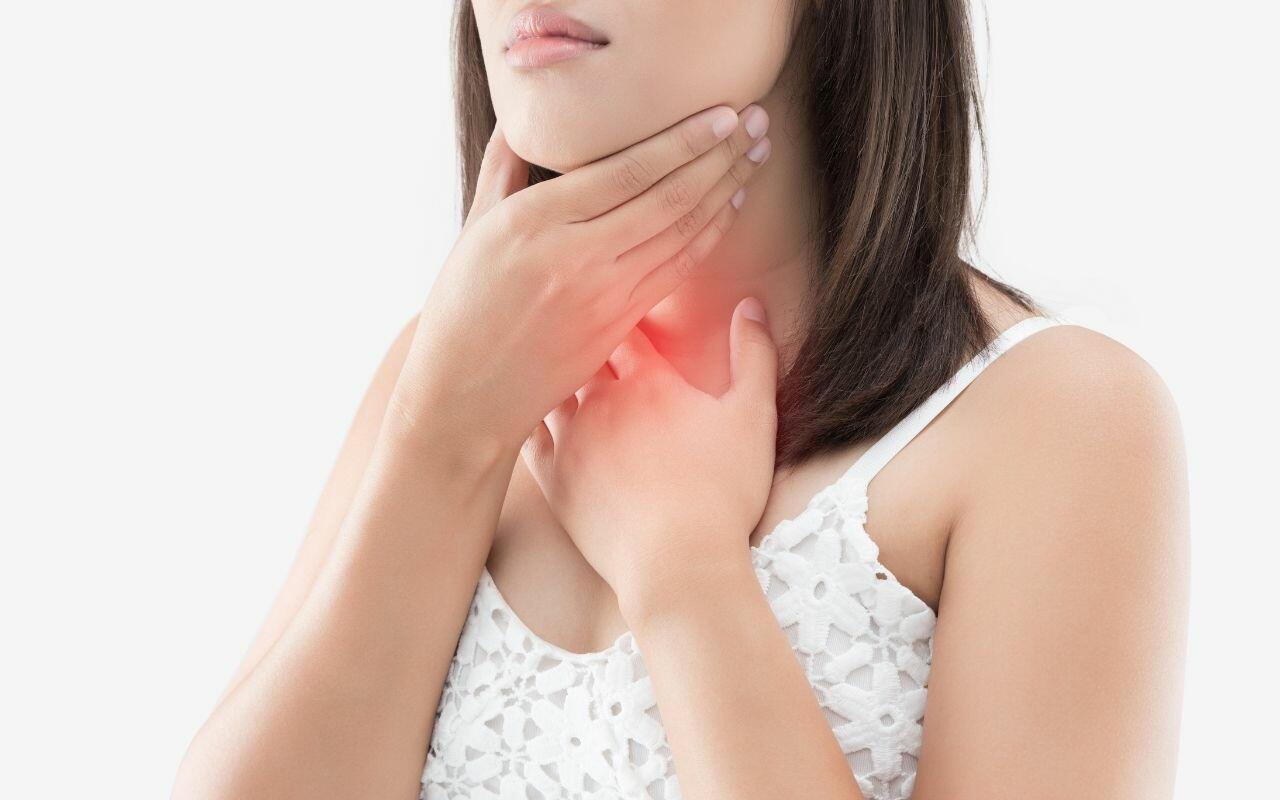
Treatment
See your doctor if you suspect you have a sinus infection or allergies; however, we can help determine if this is what’s causing your tooth pain. If we rule out strictly dental issues and you are following your doctor’s advice for treatment, you can use any of the following tips to help reduce your sinus-related pain:
- Stay hydrated by drinking plenty of water
- Boost your calcium, Vitamin C, and Omega-3 fatty acid intake
- Use a vaporizer to relieve sinus pressure
- Use a nasal rinse to help remove discharge and reduce pressure
Stay in communication with your doctor about medical treatment options to resolve your sinus infection.
4. Oral Infections
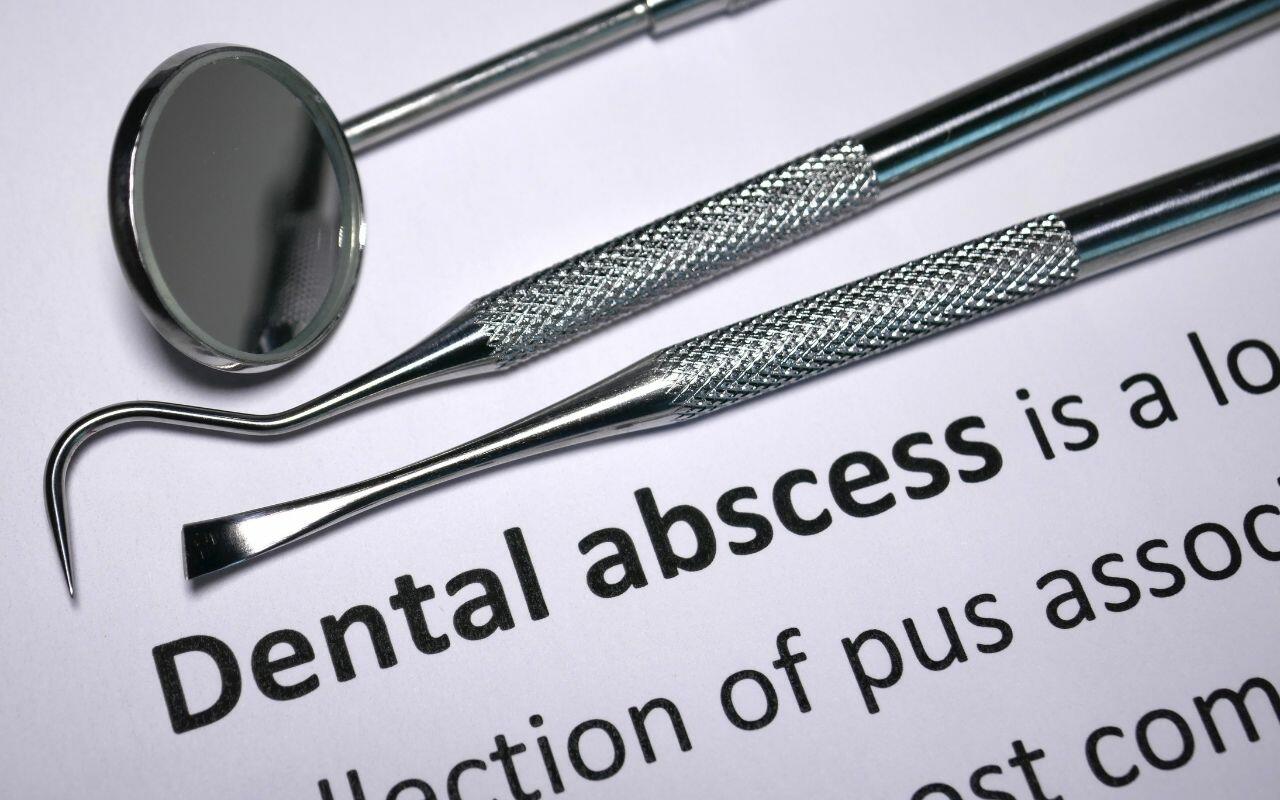
Causes
Oral infections such as tooth abscesses develop from a build-up of bacteria. If left untreated, these bacteria create pockets of pus. There are many possible causes of this type of infection: injury to a tooth, deteriorating dental work, or untreated tooth decay that has reached the inner pulp of your tooth.
Symptoms
Symptoms of oral infections, specifically tooth abscesses, include:
- Severe, persistent, throbbing toothache
- Pain in the jawbone, neck, or ear
- Sensitivity to hot and cold foods and beverages
- Sensitivity when chewing or biting
- Fever
- Swelling
- Tender, swollen lymph nodes
- Foul taste and smell in the mouth
- Difficulty swallowing or breathing
This type of infection is considered a dental emergency, so if you are experiencing any of these symptoms call our office immediately.

Treatment
If we determine you have an abscess or other oral infection, the infection must be removed immediately. This treatment might include:
- Draining the abscess
- Performing a root canal
- Tooth extraction
- Prescribing antibiotics
If the infection is serious, antibiotics will stop further spread of the bacteria, allowing your mouth to heal so proper restoration can begin for the affected tooth. Extraction is a last-resort measure and is only required when damage to the tooth and root is beyond repair.
5. Autoimmune Disorders

Causes and Symptoms
Perhaps surprisingly, there are many types of autoimmune disorders that can lead to dental pain. This is because they affect different aspects of your overall health, which in turn affects your oral health, as we know for an undisputed fact that oral health and overall health are intertwined and completely dependent on each other. These issues and symptoms can include:
- Problems with dry mouth and saliva production
- Issues that produce more stomach acids or affect the GI tract
- Oral lesions
- Problems swallowing
All these health issues can increase the risk of tooth decay, which in turn can lead to cavities and tooth pain. We can help determine what is causing your tooth pain so we can decide on the best treatment for you.
Treatment
As with tooth sensitivity, the treatments will range from addressing tooth sensitivity to treatments for tooth restoration.
If you’re experiencing tooth pain, book an appointment immediately so we can help determine the cause and the best course of treatment for you. Call 905-775-5307 or schedule an appointment here.
